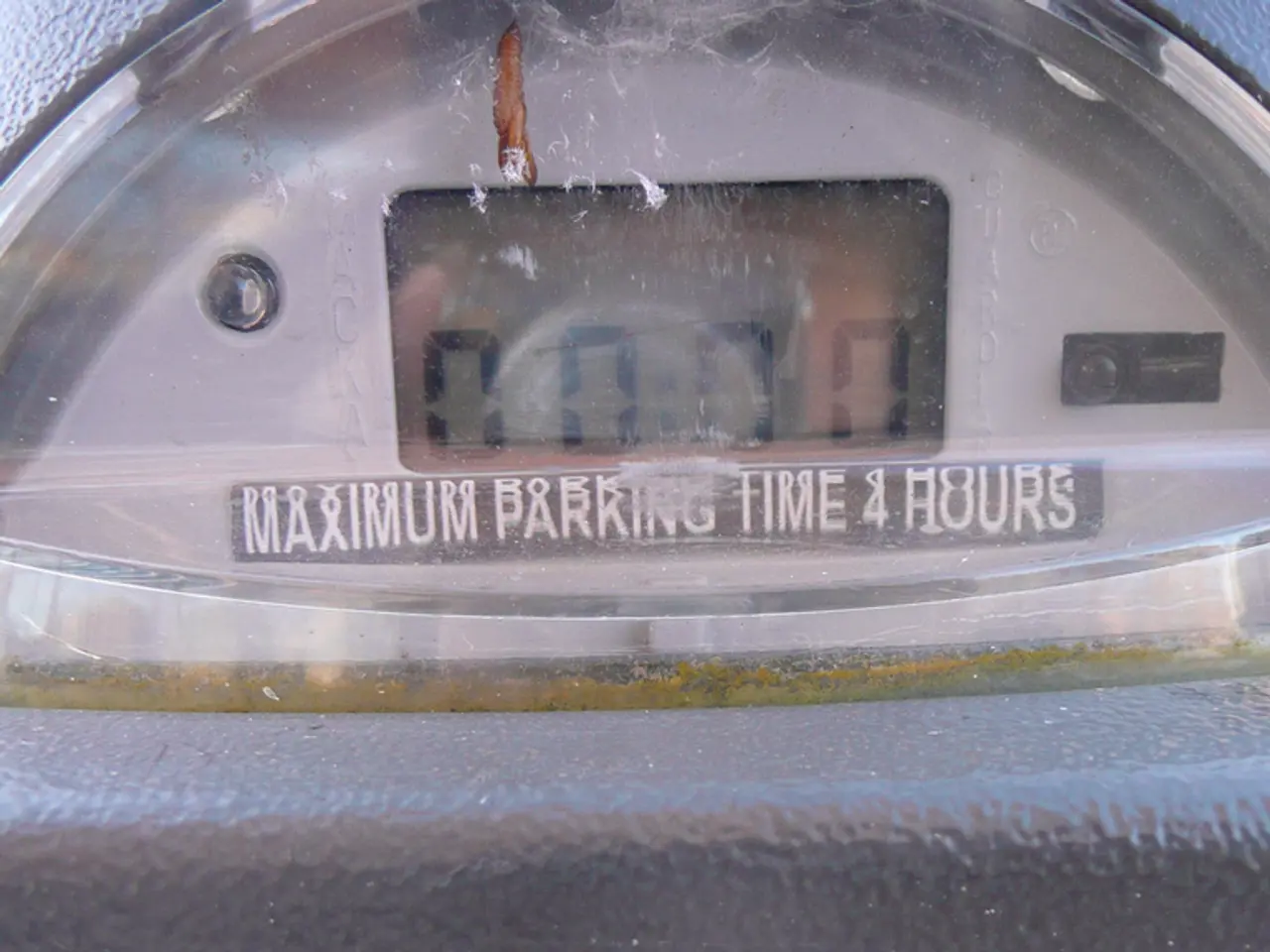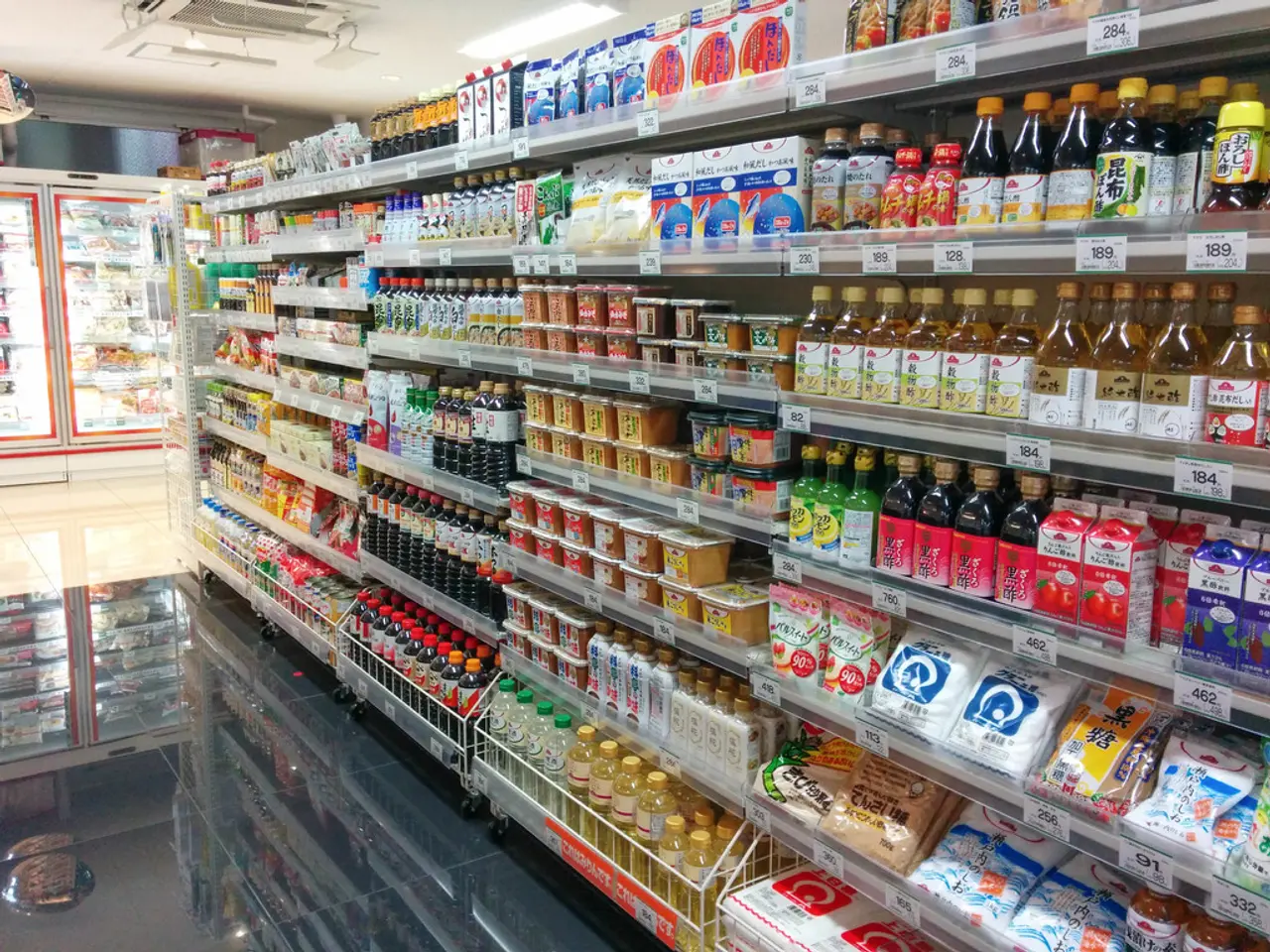EU secures political consensus on a tariff-free trade accord with Indonesia - Political accord achieved among EU members concerning reciprocal trade agreements with Indonesia
The EU and Indonesia recently reached a political agreement to advance a free trade deal known as the Comprehensive Economic Partnership Agreement (CEPA) in July 2025 [2][3][4]. This agreement represents a major breakthrough in trade relations between two of the world's largest economies amid increasing global trade tensions and protectionism.
Details of the Agreement ---------------------------
The CEPA aims to create more opportunities in key sectors such as agriculture and the automotive industry [2]. It seeks to open new markets and leverage the significant untapped potential in EU-Indonesia trade relations [2]. Both parties emphasized the importance of strengthening economic partnerships, with Indonesian President Prabowo Subianto expressing the desire for more European investment and participation in Indonesia's economy [2].
Implications -------------
The political agreement sets the foundation for formalizing the free trade pact, which is expected to enhance trade flows and investment between the EU and Indonesia [3]. It comes at a time when global trade is facing uncertainties, reinforcing the value of strong international partnerships [3]. The EU’s engagement with Indonesia may also influence broader trade dynamics, including responses to tariffs and trade policies involving other countries such as the US [5].
Current Status --------------
As of July 2025, the agreement is at the political stage aiming to advance towards formal negotiations and eventual signing [2][3][4]. Indonesia is also working on completing other free trade agreements, such as with the Eurasian Economic Union (EAEU), targeting a December 2025 signing [1]. The EU and Indonesia are expected to proceed to legal and technical scrubbing of the deal following this political consensus, moving towards formal ratification.
The EU-Indonesia free trade agreement promises expanded trade and investment opportunities, particularly in agriculture and automotive sectors, while strengthening economic ties as global trade landscapes evolve [2][3][4]. The agreement is expected to be formalized after further legal processes in the coming months.
Notable Developments ---------------------
- The USA remains a significant global leader in Indonesia's eyes [6]. However, the EU-Indonesia free trade agreement may have implications for broader trade dynamics, including responses to tariffs and trade policies involving other countries such as the US. - The EU had prepared counter-tariffs on US products worth around 21 billion euros in response to US tariffs on steel and aluminum [7]. The planned EU import ban on products linked to deforestation in Indonesia has been suspended until the end of the year [8]. - Indonesia is the EU's fifth-largest trading partner, with bilateral trade amounting to $30.1 billion (€25.75 billion) last year [9]. Prabowo Subianto, a significant Indonesian figure, expressed support for a strong Europe [2]. - EU Commission President Ursula von der Leyen considers this agreement a "major milestone" in expanding global trade relations [10]. The suspension of the EU’s planned countermeasures against the USA would be extended until August [11]. - Indonesia sees Europe as a very important factor and aims for a strong relationship [12]. The reason given by Trump for this threat was an imbalance in the trade balance with the EU [13]. - Von der Leyen announced the suspension of the EU's planned countermeasures against the USA would be extended until August [11].
In conclusion, the EU-Indonesia free trade agreement represents a significant step forward in international trade relations, particularly amid increasing protectionism and global trade tensions. The agreement, which is expected to be finalized in September, promises to create opportunities in key industries, business relations, agriculture, the automotive sector, and services. The EU's engagement with Indonesia may also influence broader trade dynamics, including responses to tariffs and trade policies involving other countries such as the US.
- The Comprehensive Economic Partnership Agreement (CEPA) between the EU and Indonesia, aiming to boost opportunities in sectors like agriculture and the automotive industry, is a significant move in cooperation policy, reflecting the importance of strengthening economic partnerships.
- The CEPA agreement, at the political stage, carries implications for the finance industry as well, as it is expected to enhance trade flows and investment between these two significant economies, potentially influencing trade dynamics with players like the US in the global politics and business arena.
- Beyond industry and finance, the CEPA agreement also underscores the general-news importance of international cooperation policy, reinforcing the value of strong partnerships amidst uncertainties in global trade, thereby fostering a conducive environment for cooperation policy in other areas as well.




